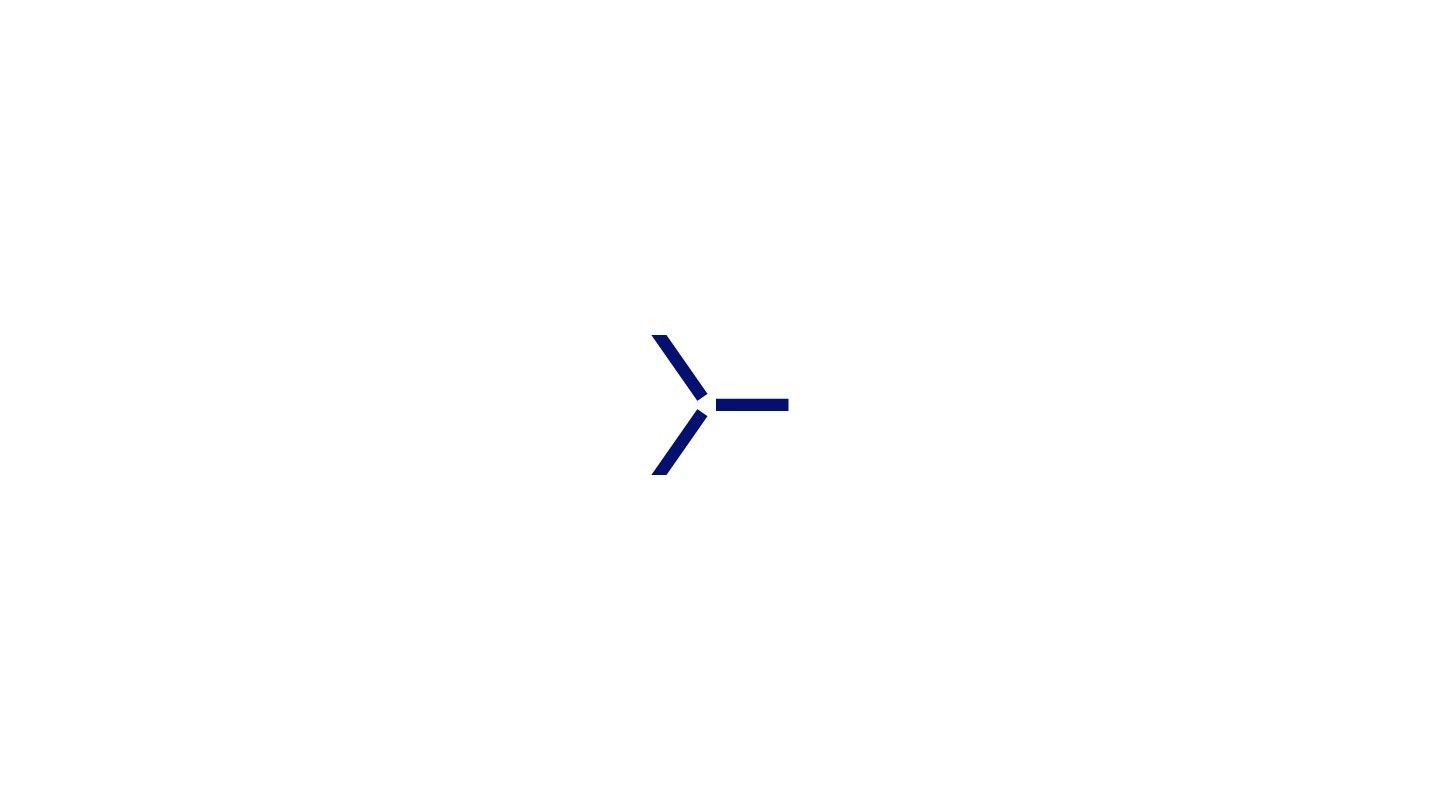The System of Operation of International Criminal Justice Fora, in Particular of the International Criminal Court

Tamás Lattmann in his chapter titled "The System of Operation of International Criminal Justice Fora, in Particular of the International Criminal Court – will the Future be Governed by Politics, Orders or Law?" provides an overview of the legal-historical-political foundations and developments leading to the creation of the International Criminal Court in its current form, and of its operation of the first one and a half decade.
The creation of the ICC in 1998 has concluded a historical procedure, the result of which has taken the form of a novel international judicial institution, with a complex jurisdictional system, trying to strike balance between sovereignty of states and the need for international justice, sometimes conflicting the previous interest. The analysis of the ICC, and its comparison to earlier ad hoc international criminal institutions show that the Rome Statute has become an international treaty that has included all previous historical ways of creating international criminal jurisdiction sovereign states has to accept. The post-world war tribunals have been accepted by the defeated states by the virtue of force, the post-nineties ad hoc tribunals have had to be accepted as a result of a legitimate order by the UN Security Council, while the ICC has promised to become an international criminal judicial institution by the virtue of law, that states follow by their own will and decision.